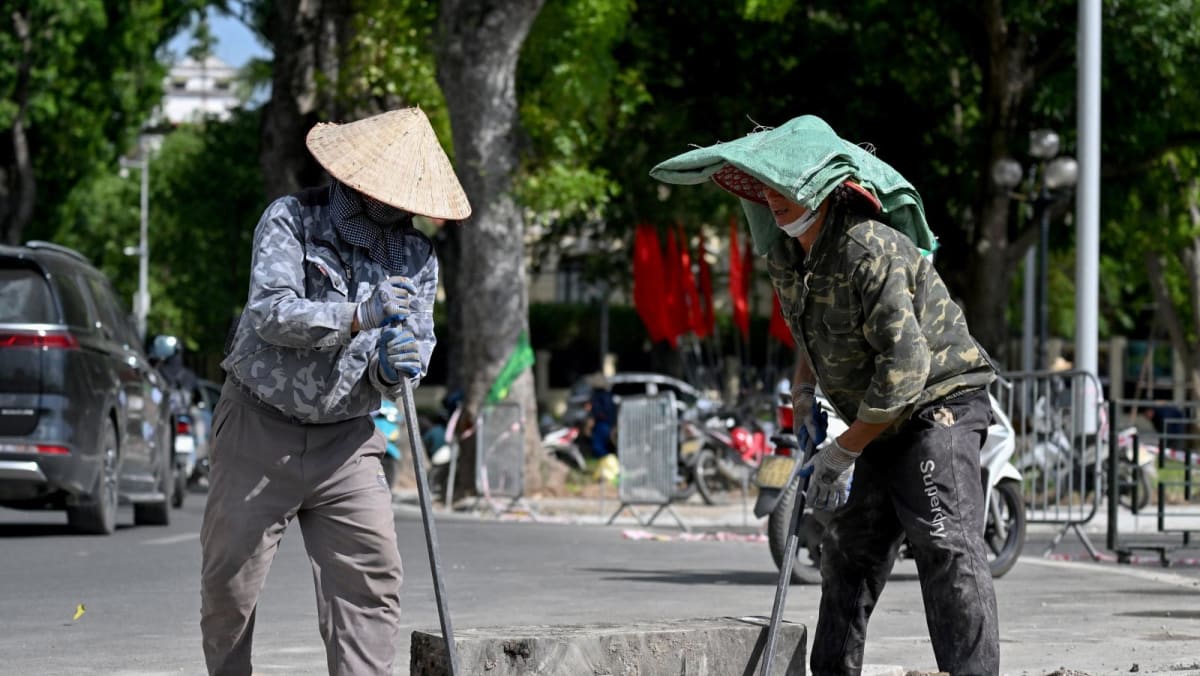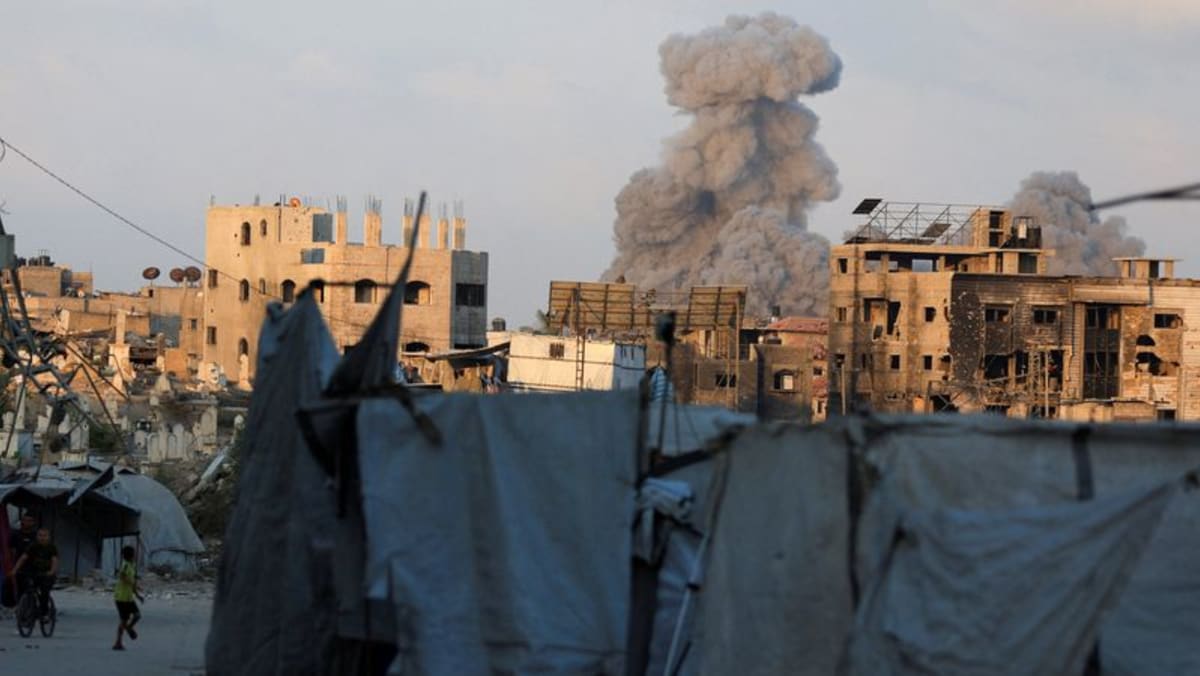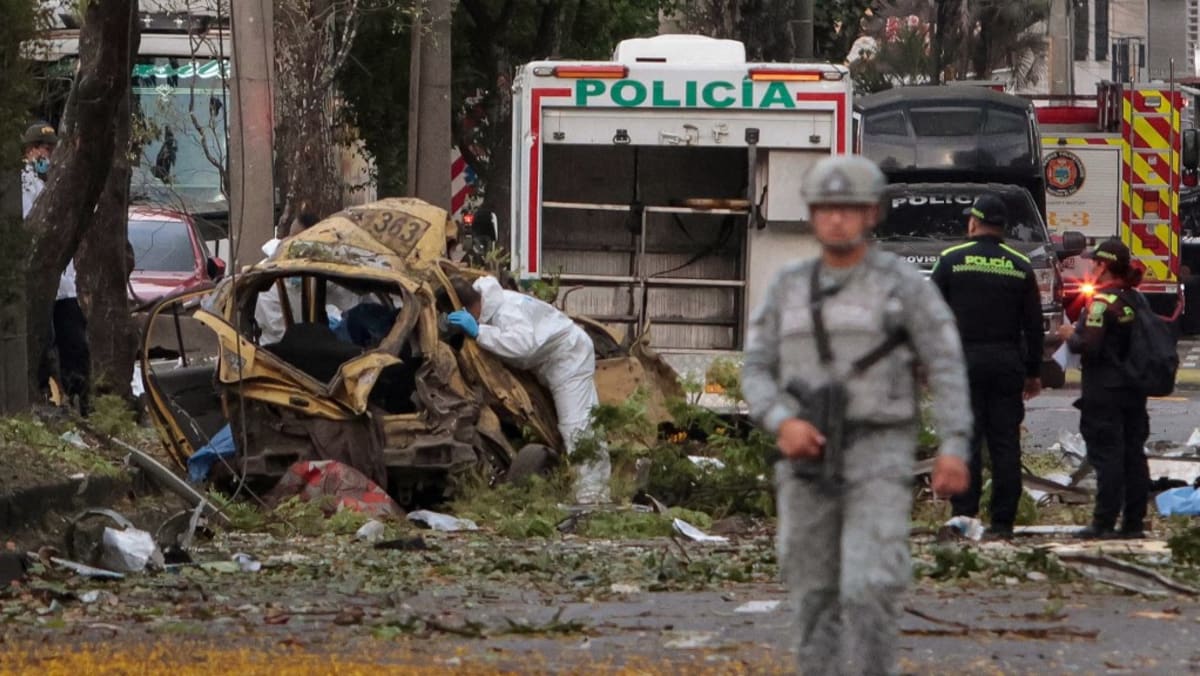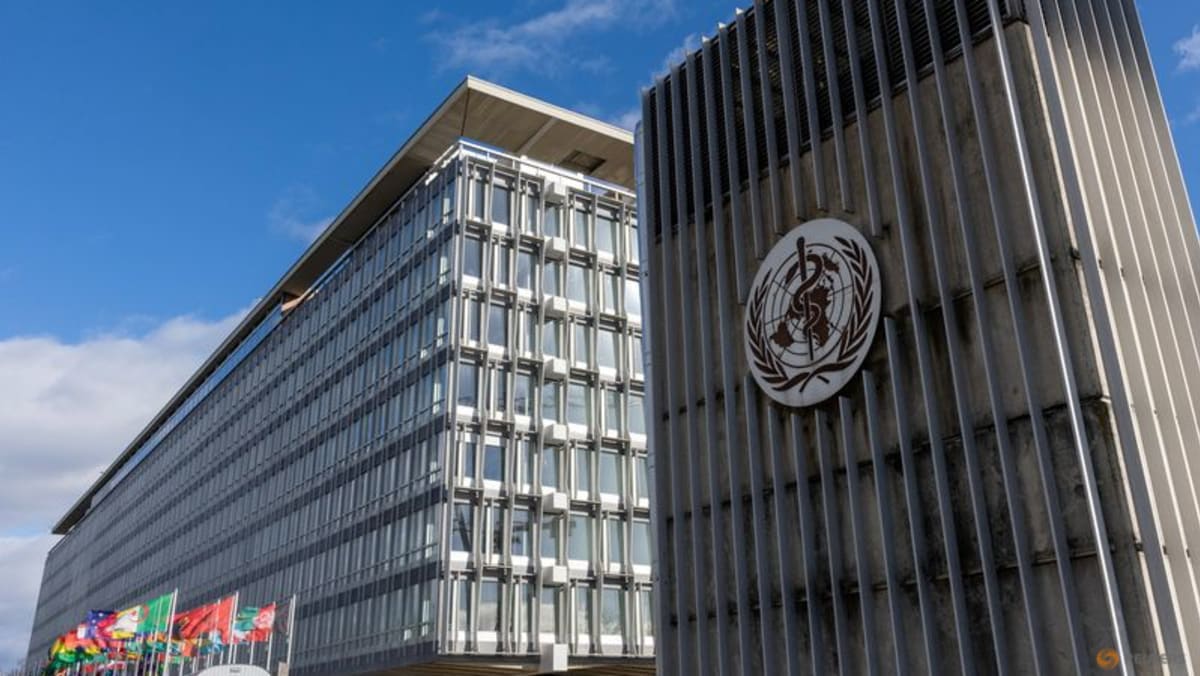GENEVA: Rising global temperatures are having an ever-worsening impact on the health and productivity of workers, the United Nations said on Friday (Aug 22), urging immediate action to tackle the dangers of heat stress.
Extreme heat is posing growing challenges in the workplace, the UN’s health and climate agencies said, as they issued guidance for governments, employers and health authorities to mitigate the risks.
“Immediate action is needed to address the worsening impact of heat stress on workers worldwide,” they said.
Many workers are regularly exposed to dangerous heat conditions, the World Health Organization and the World Meteorological Organization said.
But the WHO and WMO said the frequency and intensity of those extreme heat events had risen sharply, increasing the risks for both outdoor and indoor workers alike.
Manual workers in sectors such as agriculture, construction and fisheries are particularly hard hit, they said in a report.
The agencies said worker productivity dropped by 2 to 3 per cent for every degree above 20°C.
The related health risks include heatstroke, dehydration, kidney dysfunction and neurological disorders.
ECONOMIC FACTOR
“Occupational heat stress has become a global societal challenge, which is no longer confined to countries located close to the Equator,” said WMO Deputy Secretary-General Ko Barrett.
“Protection of workers from extreme heat is not just a health imperative but an economic necessity.”
The agencies called for occupational heat action plans, tailored to specific industries and regions.
The guidance drew on findings by the UN’s International Labour Organization (ILO), highlighting that more than 2.4 billion workers are exposed to excessive heat globally — 71 per cent of the world’s working population.
It results in more than 22.85 million occupational injuries each year and almost 19,000 fatalities.
“Investing in effective, preventive and protective strategies would save the world several billion dollars every single year,” said Joaquim Pintado Nunes, the ILO’s chief of occupational safety and health and the working environment.
“Without bold, coordinated action, heat stress will become one of the most devastating occupational hazards of our time, leading to a significant loss of life and productivity.”













